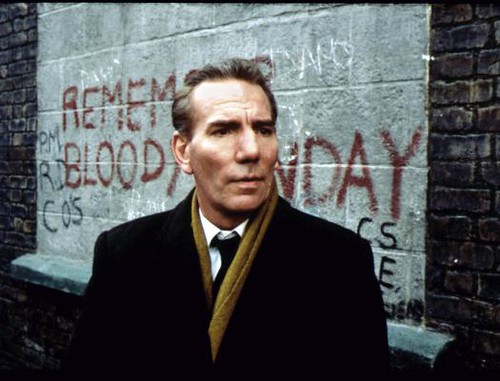SCMP
Sunday, May 22, 2005
Private eyes
By Vivienne Chow and David Watkins

Director Wong Kar-wai. Photo: K.Y. Cheng.
THE MASTER OF light and shade he may be – but he’s the master of shades, too. Wong Kar-wai never steps into the public arena without his prescription sunglasses, refusing to take them off even when indoors. With his eyes hidden from view, it’s sometimes impossible to tell where he’s looking, what he’s thinking or whether he’s finished answering a question after one of his customary pauses.
Many rumours have circulated about why Wong hides his eyes. Some say he suffers from a rare disorder and is ultra-sensitive to light – although the sensual, luminous colours of his films would suggest otherwise. Others says it’s vanity – an attempt to look like the chain-smoking characters who populate his movies. Or maybe he simply dislikes being interviewed.
The truth is more down to earth, derived out of a basic need for privacy: they’re his disguise. “I have no problem with the press – I give interviews all the time. Sunglasses are like a uniform for me,” says Wong, smoking his umpteenth cigarette. “I don’t have a name card, so I have glasses. Without these sunglasses, people don’t recognise me. That way I can have more privacy with my family when I don’t wear them. Some people do things in opposite ways.”
Although his films are filled with tragic types suffocated by romantic longing, Wong in person is cheerful, to the point of being playful. And although he imposes a dimmed view of the world on his eyes when facing reporters – as he does on the day he’s at Taikoo’s UA Cinema, promoting his part in Eros, a directorial menage a trois with Steven Soderberg and Michelangelo Antonioni about erotic love – it’s what his eyes see through the camera that the world is clamouring for. Continue reading “Wong Kar-Wai” →





